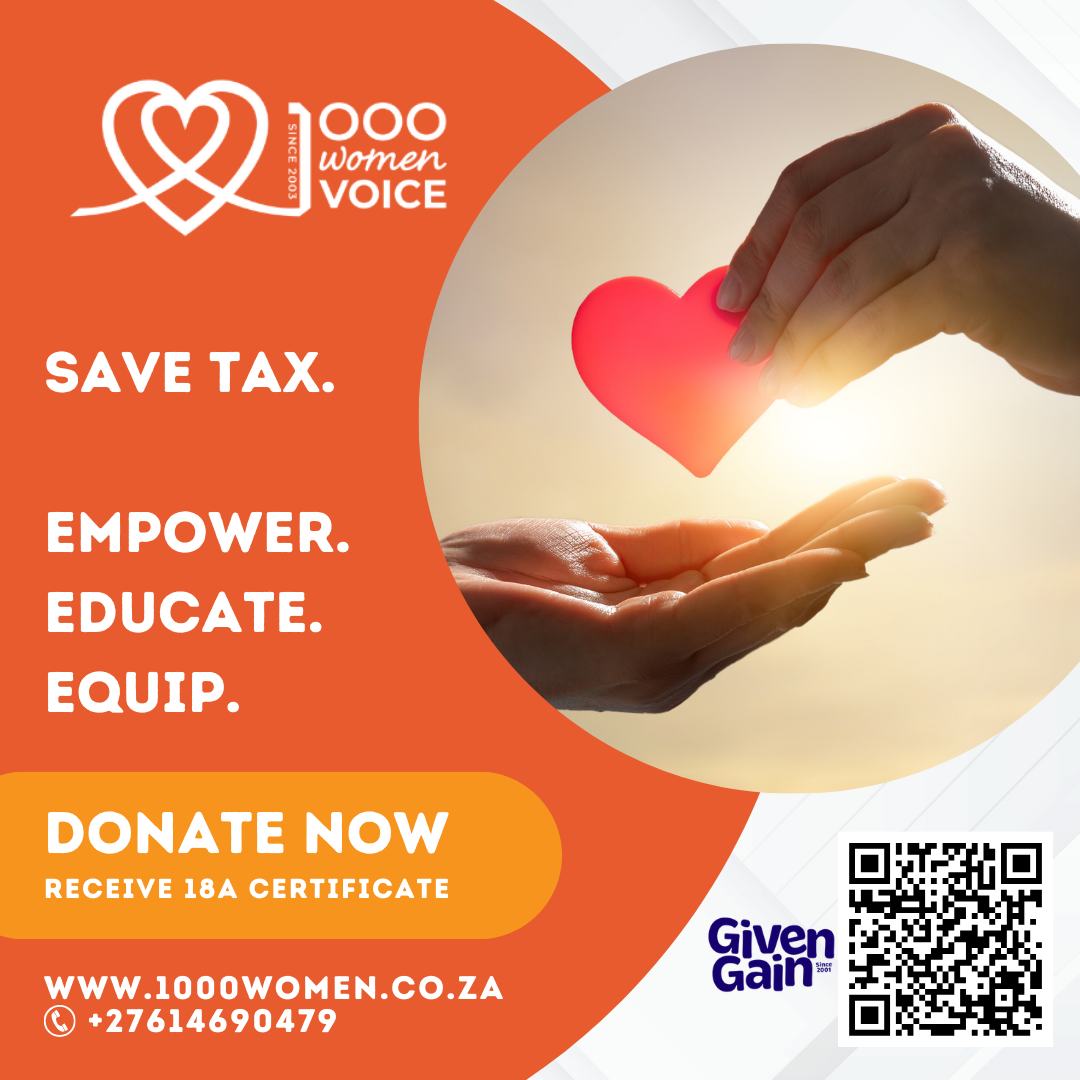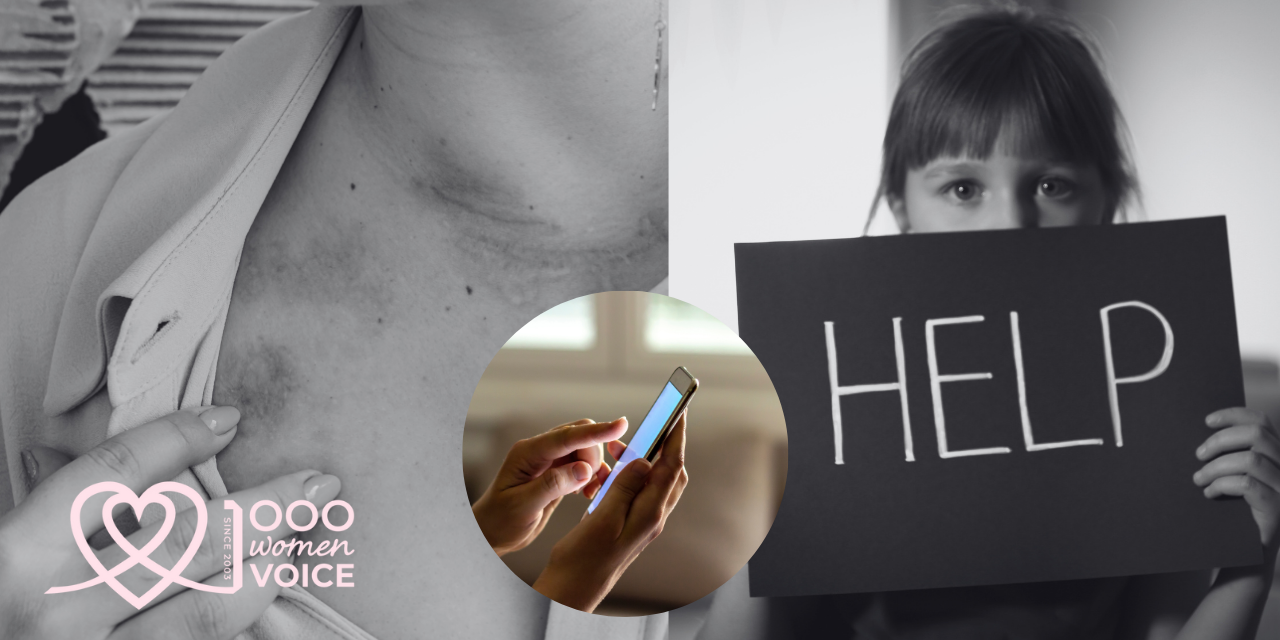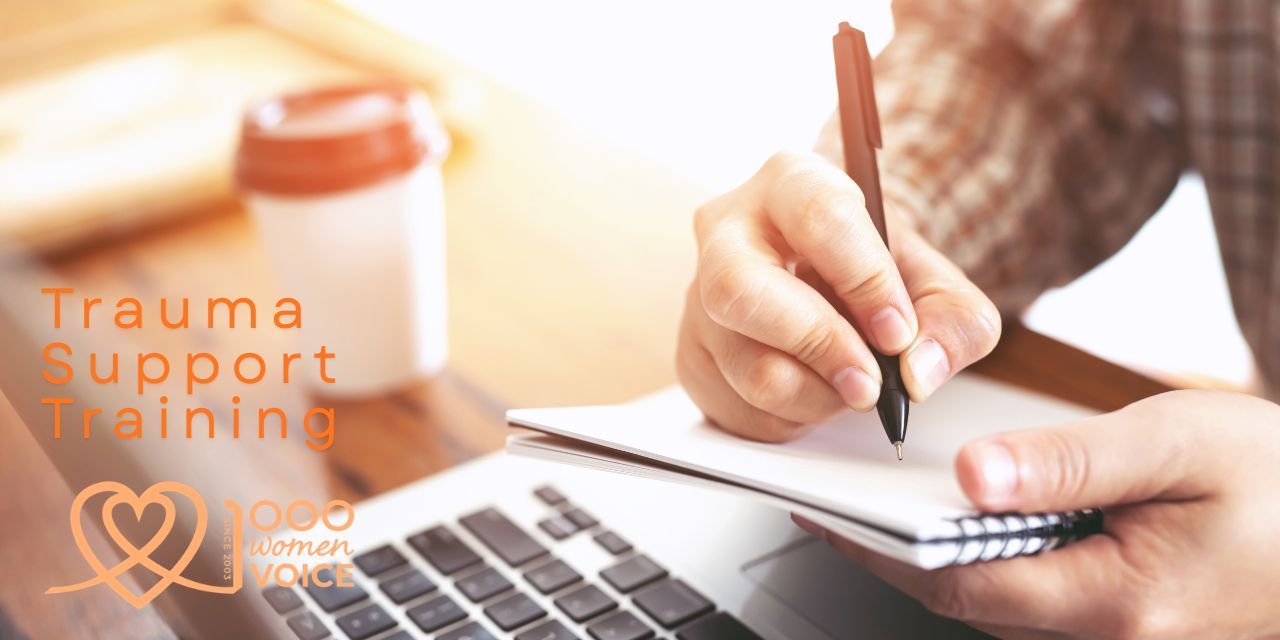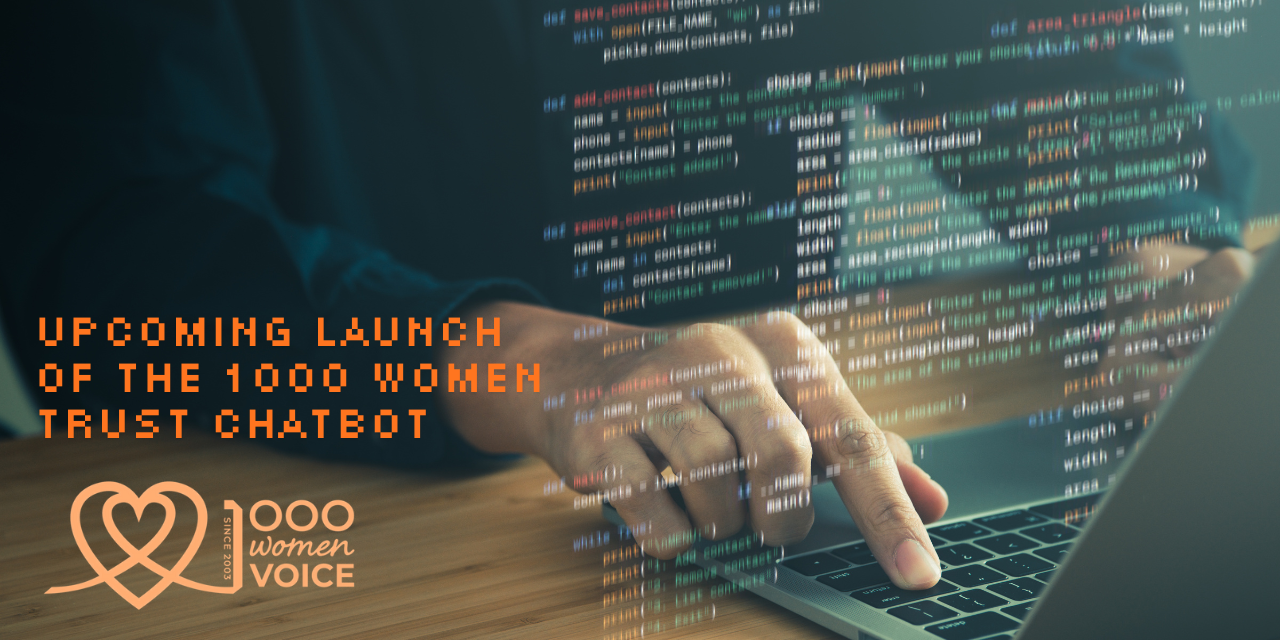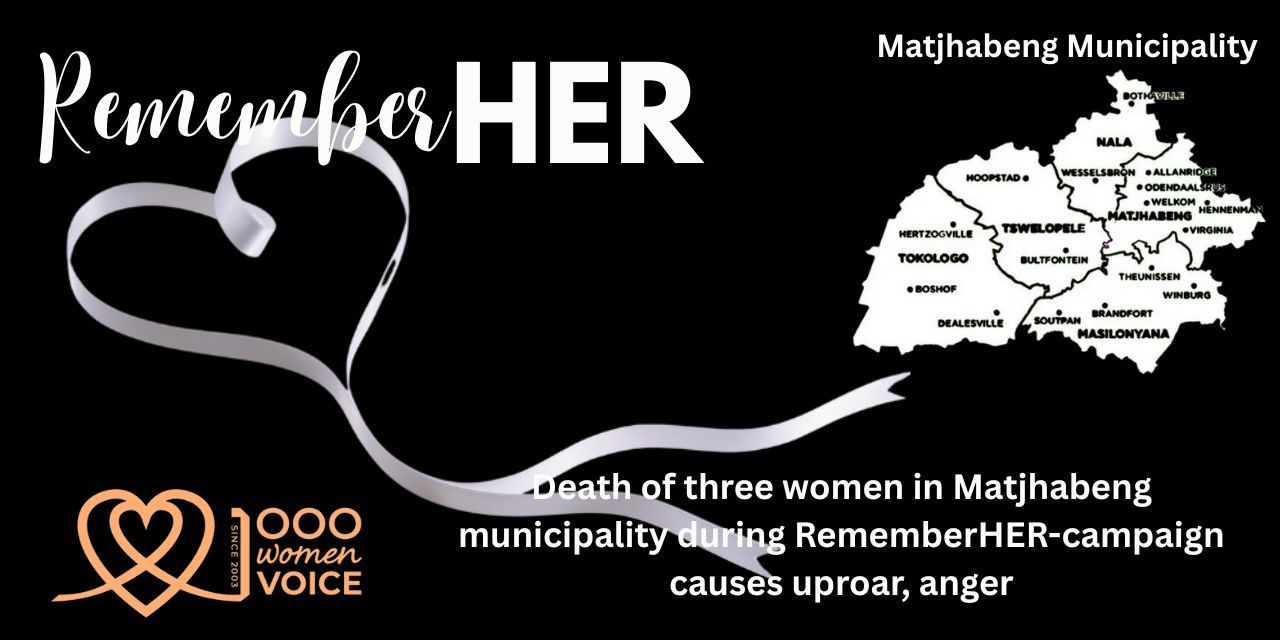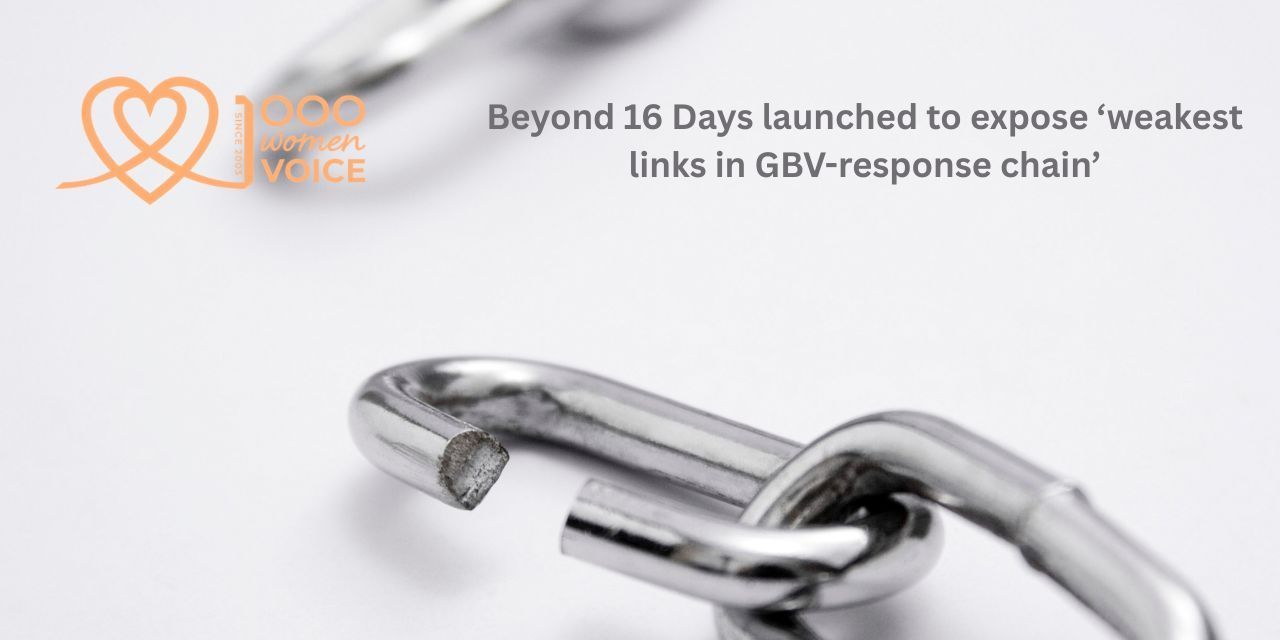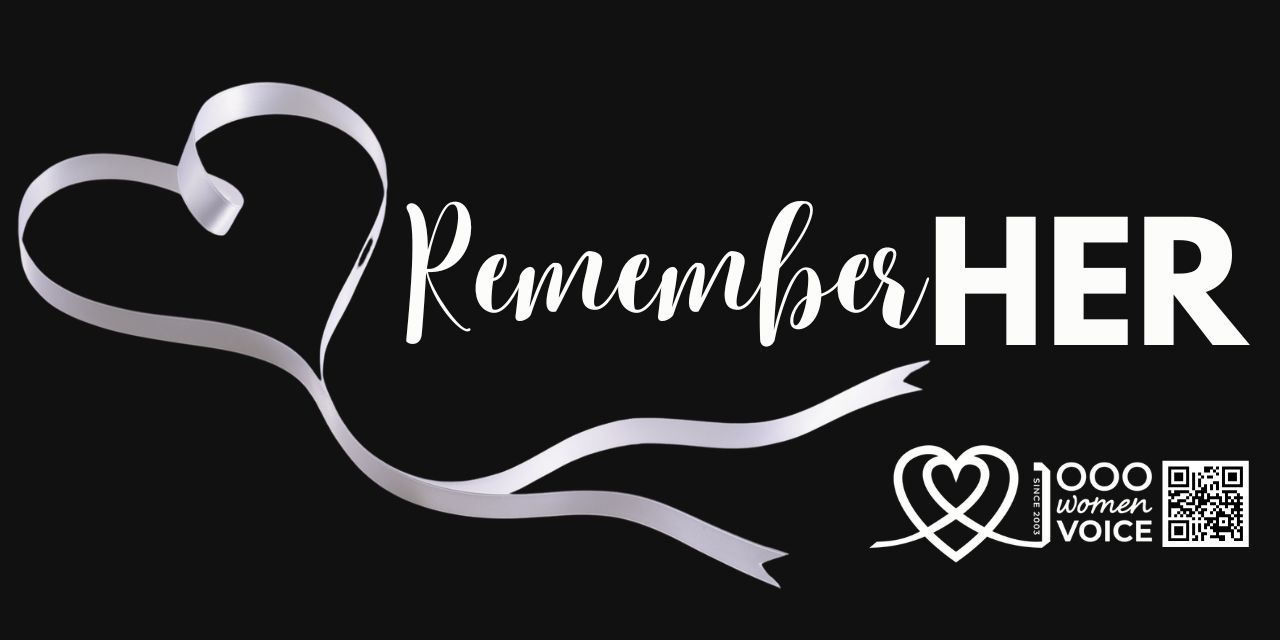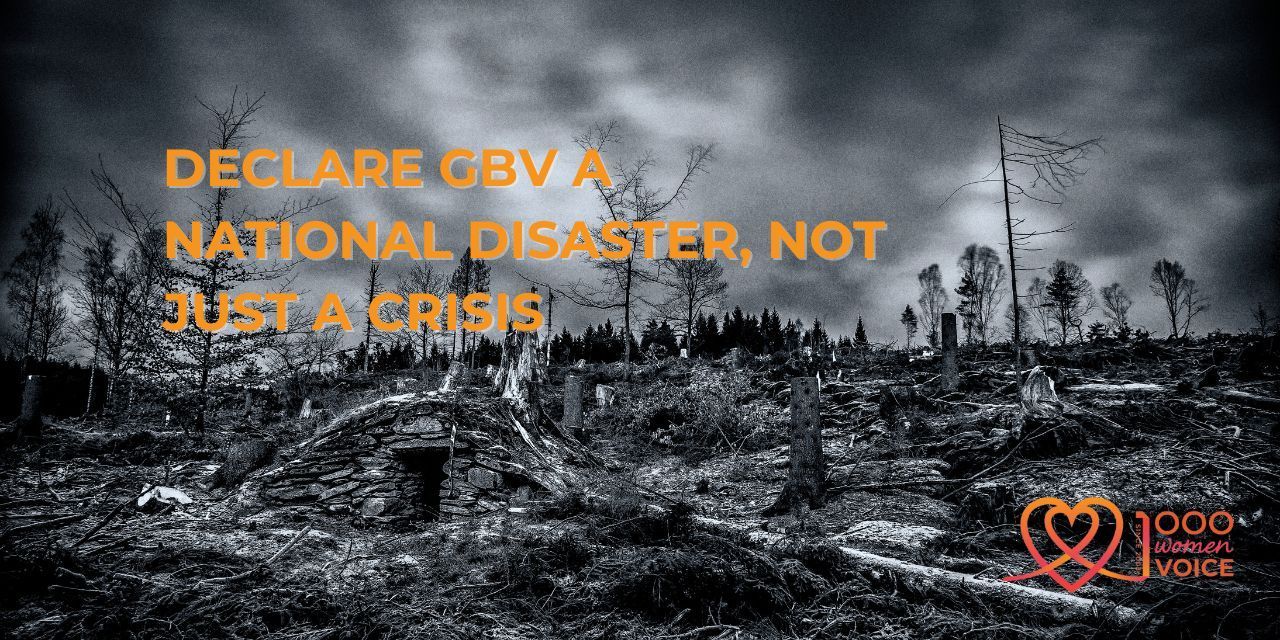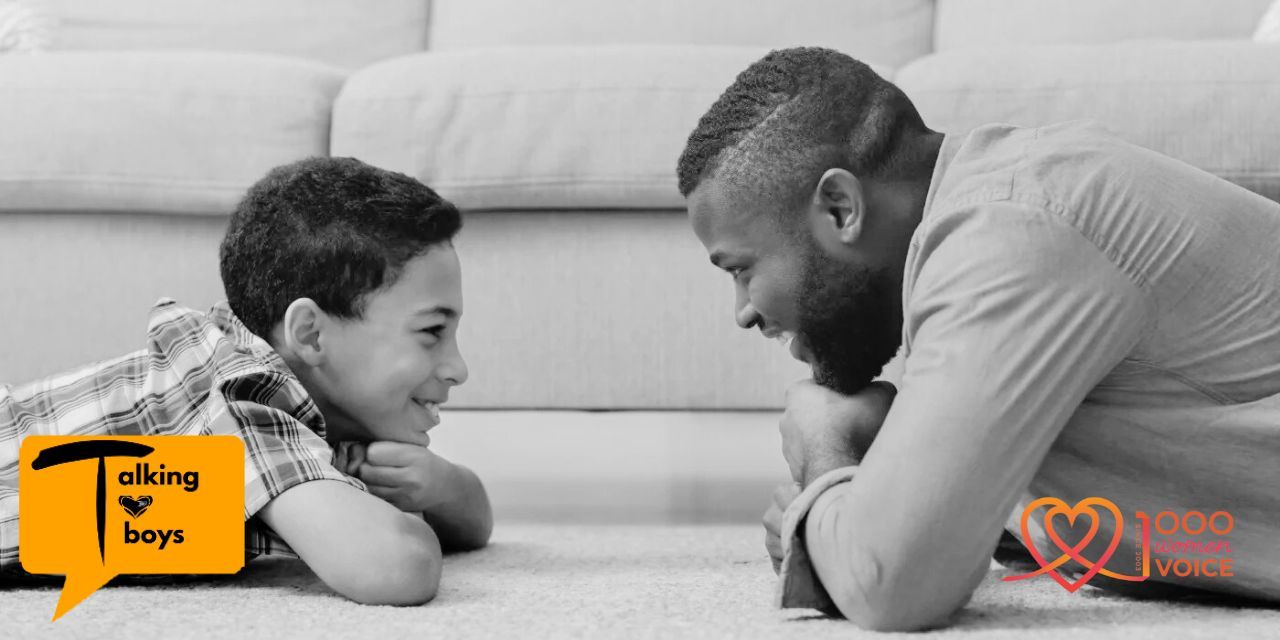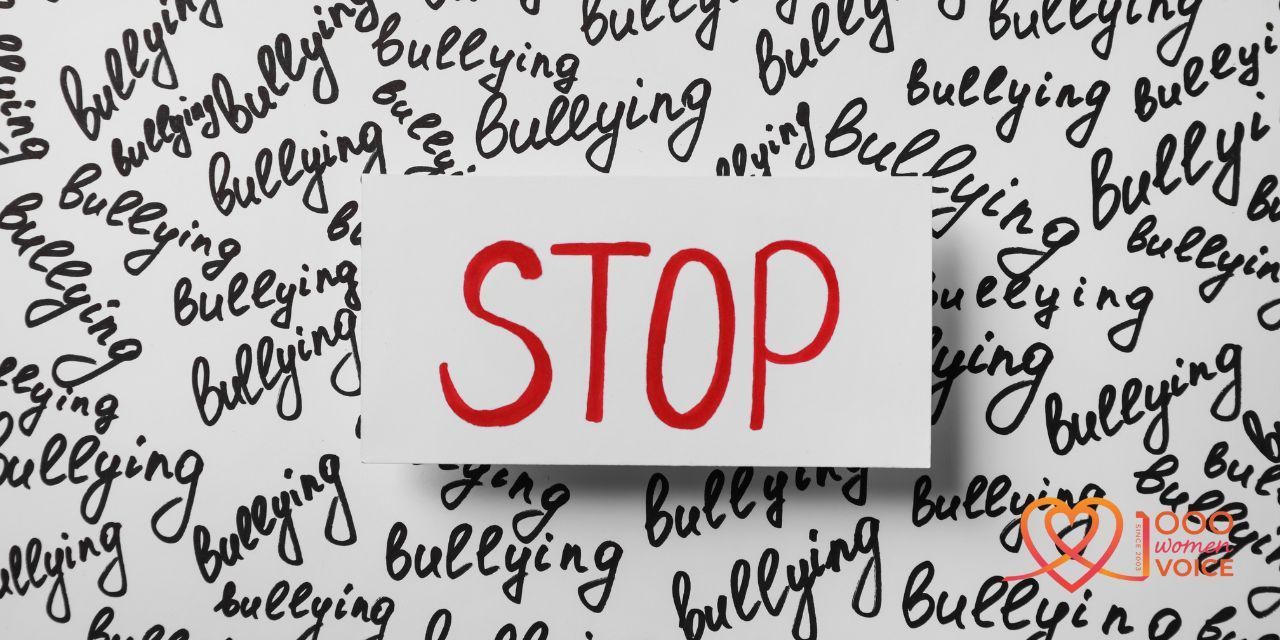Reviewing Beijing-declaration: SA far behind in combating gender-violence
CAPE TOWN. – Twenty six years ago, 17000 delegates representing 188 countries met in the Chinese capital, Beijing at the landmark Fourth UN World Conference on Women.
Among them was a delegation from South Africa. The adoption of the Beijing Declaration and Platform for Action changed the trajectory for the empowerment of women worldwide.
South Africa committed to five-yearly reviews of progress in key areas such as women and education and training, gender-based violence, women’s rights, women and the economy and women in power and decision making.
With the celebration of international women’s day on Monday 8 th March, it is important to review what progress South Africa has made, and what role 1000 Women 1 Voice and 1000 Women Trust is fulfilling as women-led organisation in empowering women.
According to the latest reports by the Business Women’s Association of South Africa (Bwasa), titled: Women in Leadership Census, Price Waters and Cooper’s Executive Directors: Practices and remuneration trends report, or Bain & Company’s Gender (Dis)parity in South Africa, only 20.7% of local directors and 29.4% of executive managers in South Africa are women, with just 11.8% holding chairperson positions.
PwC says that currently, out of all the companies listed on the JSE, a mere 3.31% of their chief executives are female. (Source: www.iol.co.za , 8 th March 2021).
Overall South Africa has made notable progress, and has arguably one of the most gender-diverse parliaments in the world, ranking number three in Africa after Rwanda and Ethiopia, and tenth globally. However, the country still falls short in achieving gender parity.
At the provincial level, women’s representation increased from 30% to 43% after the 2019 elections. Limpopo province has the largest proportion of women, with 53% of seats in the legislature occupied by women, surpassing the South African Development Community’s parity target. (Source: www.iol.co.za , 8 th March 2021).
.The levels of poverty in women-headed households in South Africa is a source of great concern as of the 41.8 % female-headed households in the country, 39.2 % don’t have any employment.
In traditional areas in South Africa, 74.8% of women live in poverty.
President Cyril Ramaphosa has called gender-based violence South Africa’s second pandemic.
From October to December 2020, a total of 12 228 rapes were reported to the South African Police Service. According to the 2019.2020-report by the Police, a total number of 2695 femicides took place, which meant that women were murdered by their intimate partners, it is a murder of a woman every three hours, which makes South Africa one of the most dangerous places in the world to live in if you are a woman
In addressing gender-based violence, 1000 Woman Trust as a women’s organisation aims to raise awareness around gender-based violence, rape and abuse and mobilise resources. These resources make it possible for the Trust to assist women-led organisations with grants and skills development.
1000 Women Trust facilitate #HearMeToo conversations where women who had been victims of gender-based violence are given opportunities to share their stories around domestic violence and abuse. 1000 Women Trust amplify the voices of women and girls who had been subjected to violence, but also empower women to improve their skills level so that they can found employment and become independent, self-respecting citizens who can live their lives without fear of violence and abuse.
The organisation also hosts Trauma training workshops person-to-person or on WhatsApp so that a bullwork of support for women who have suffered trauma can be developed and so that many women in the community can become safe spaces for those who had been victims of gender-based violence.
1000 Women Trust has also started a War against Hunger and its 45 community soup kitchens provide food for 20 000 people daily. The current focus of the organization is in securing their sustainability as each of the kitchens also endeavors to become job-creation hubs.
Tina Thiart, founding member of 1000 Women Trust, has also been at the helm of a major national campaign called #MakeTime which revolves around inspiring parents to pledge to make time to speak to their boys about non-violence and respect in relation to women and girls so that gender-based violence can be rooted out.
“As an organization, we will never surrender our goal of empowering women and of amplifying the voices of women and girls in the fight against gender-based violence. Our goal is to eradicate gender-based violence, abuse and rape of women from the face of the South African landscape and to create a new generation of women who leads the way in communities across South Africa and who shapes our future,” said Thiart.
“The alarming statistics indicate that we still have a long way to go. We will continue to be a catalyst for the economic empowerment of women. We will continue to be a voice for women and we will be advocates for change – amplifying the voices of women on social media and other platforms and reminding the government and policymakers of the constitutional and moral imperative for gender-equality and non-violence,” Thiart added.
